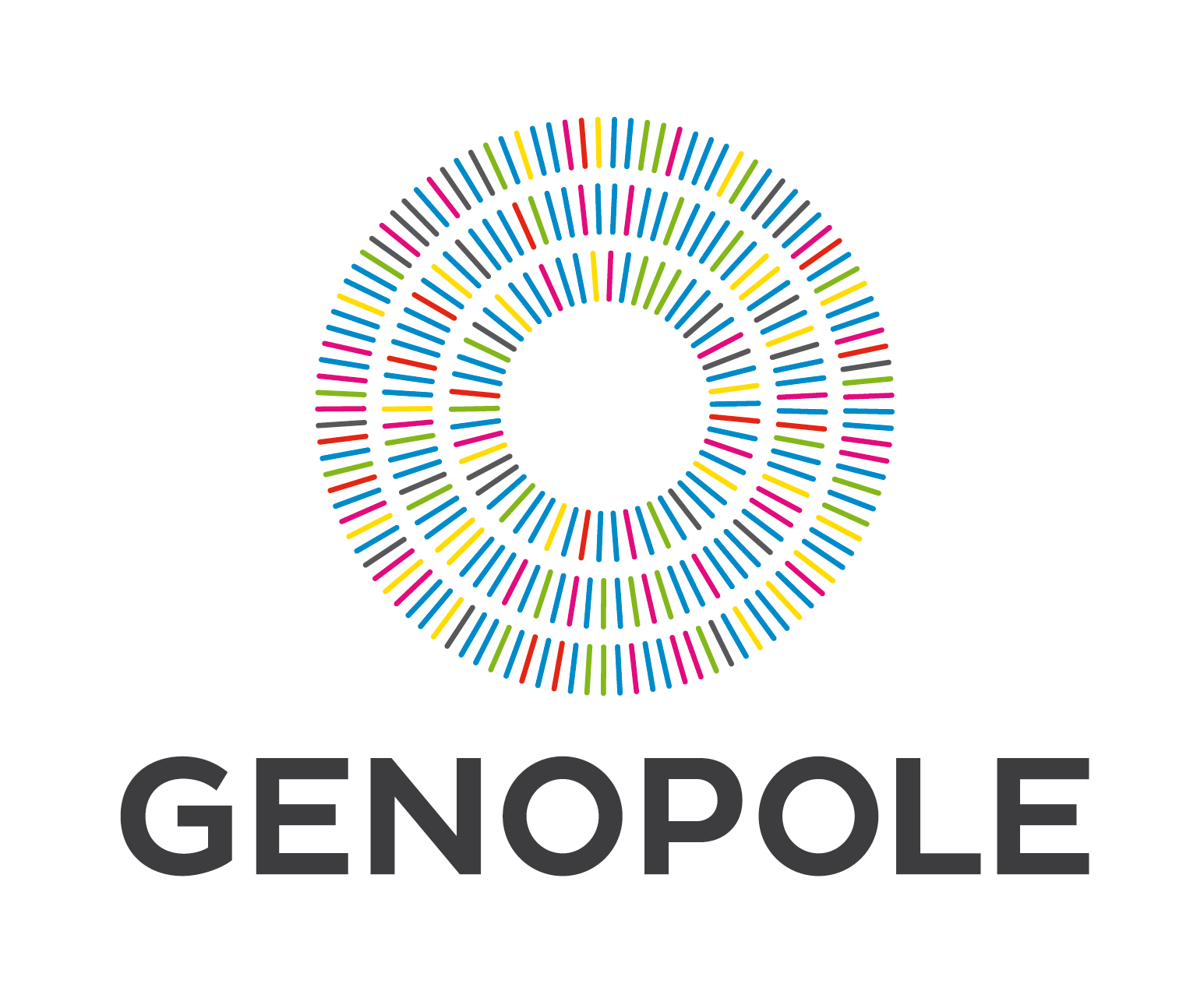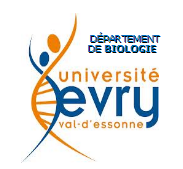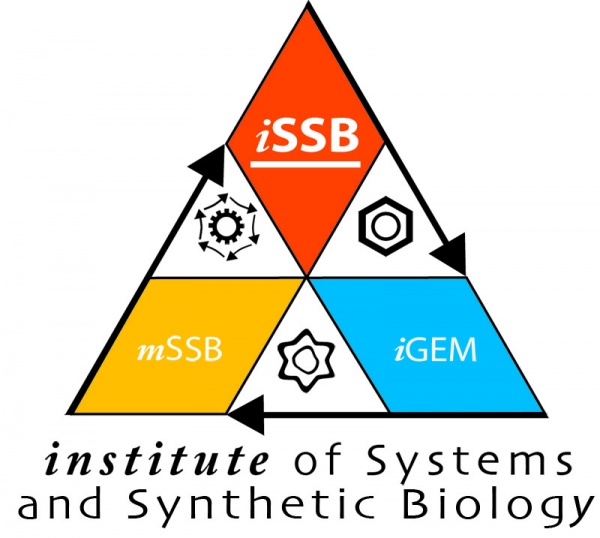Team:Evry/Modeling
From 2013.igem.org
(Difference between revisions)
| Line 68: | Line 68: | ||
</tr> | </tr> | ||
<tr width="100%"> | <tr width="100%"> | ||
| - | |||
<td align="center"><b>Flush treatment model</b></td> | <td align="center"><b>Flush treatment model</b></td> | ||
| + | <td align="center"></td> | ||
</tr> | </tr> | ||
Revision as of 15:17, 28 October 2013
Modeling Overview
Following the different remarks made by the team, judges, and other people, we reworked entirely the modeling section :
-
On the structure:
- Each header section presents the methods used in the model, and could be compared to a "Material and Methods" section of an article;
- Each subsequence page presents the different simulations and answers obtained with the model; as in the "Result" section of an article;
- This page is now an entry point to our work, presenting out modeling philosophy, main results and pointers to the relevant models.
- The description of each model is now more precise, the equations better explained and the results analyzed in depths.
- We highlighted more carefuly the each assumption of the models and each parameter's value, giving sources when possible.
- Finally, our efforts focused on better describing the links between the biology part of our projet and our models and between the different models.
Introduction:
As a final part in the modeling, we also wanted to know how much siderophore can be produced and how we can improve this. We answered this with a Flux model using a flux balance analysis approach.
Models using ODEs:
Models using other methods:
| Flux model | Population scale |
 |
 |
| Flux model | Population scale |
Tools:
When working on a scientific project, it is always good to properly define and clarify the tools being used. These pages contain the theorical background for our models:
 |
 |
 |
| Programming methods | Logistic functions | Chemical reasoning |
 "
"















